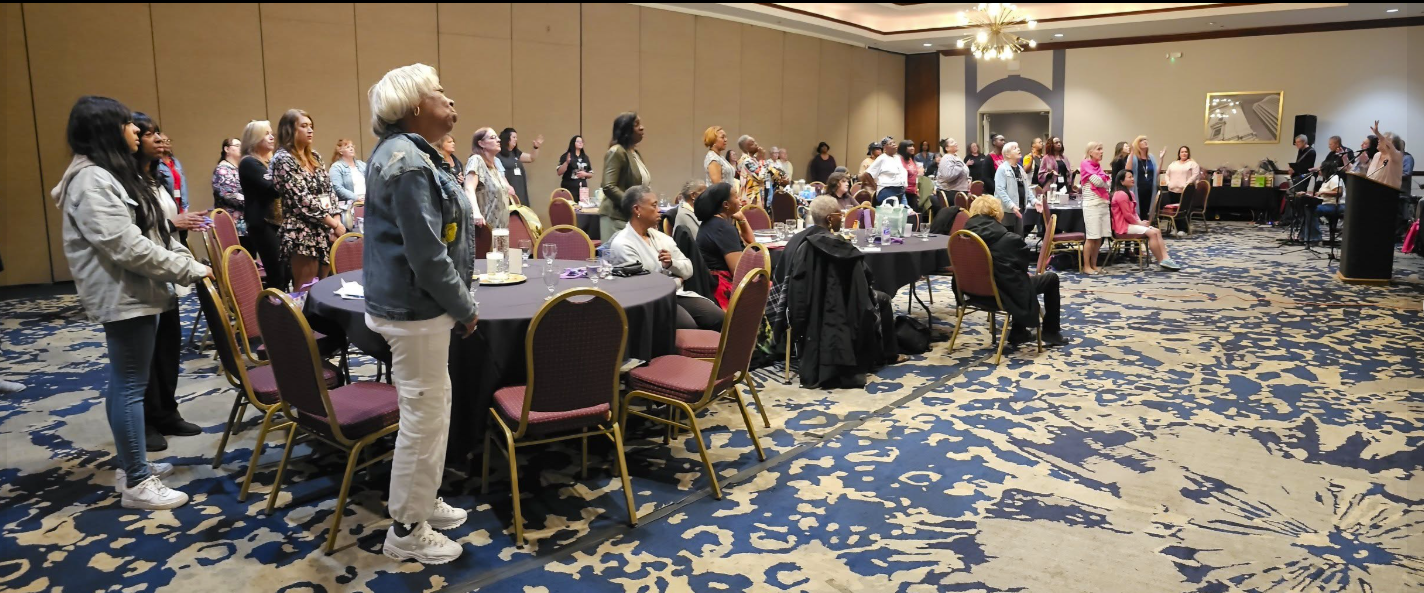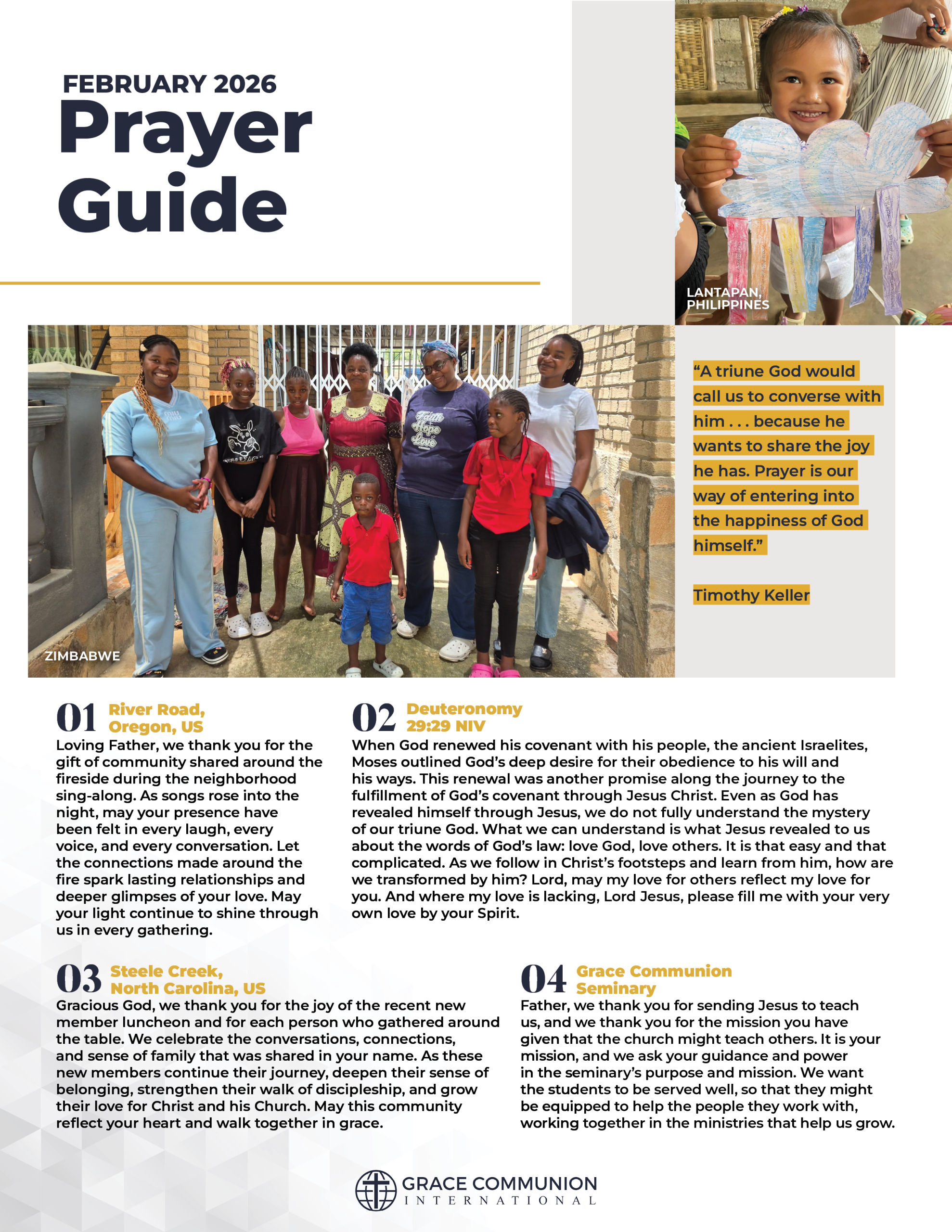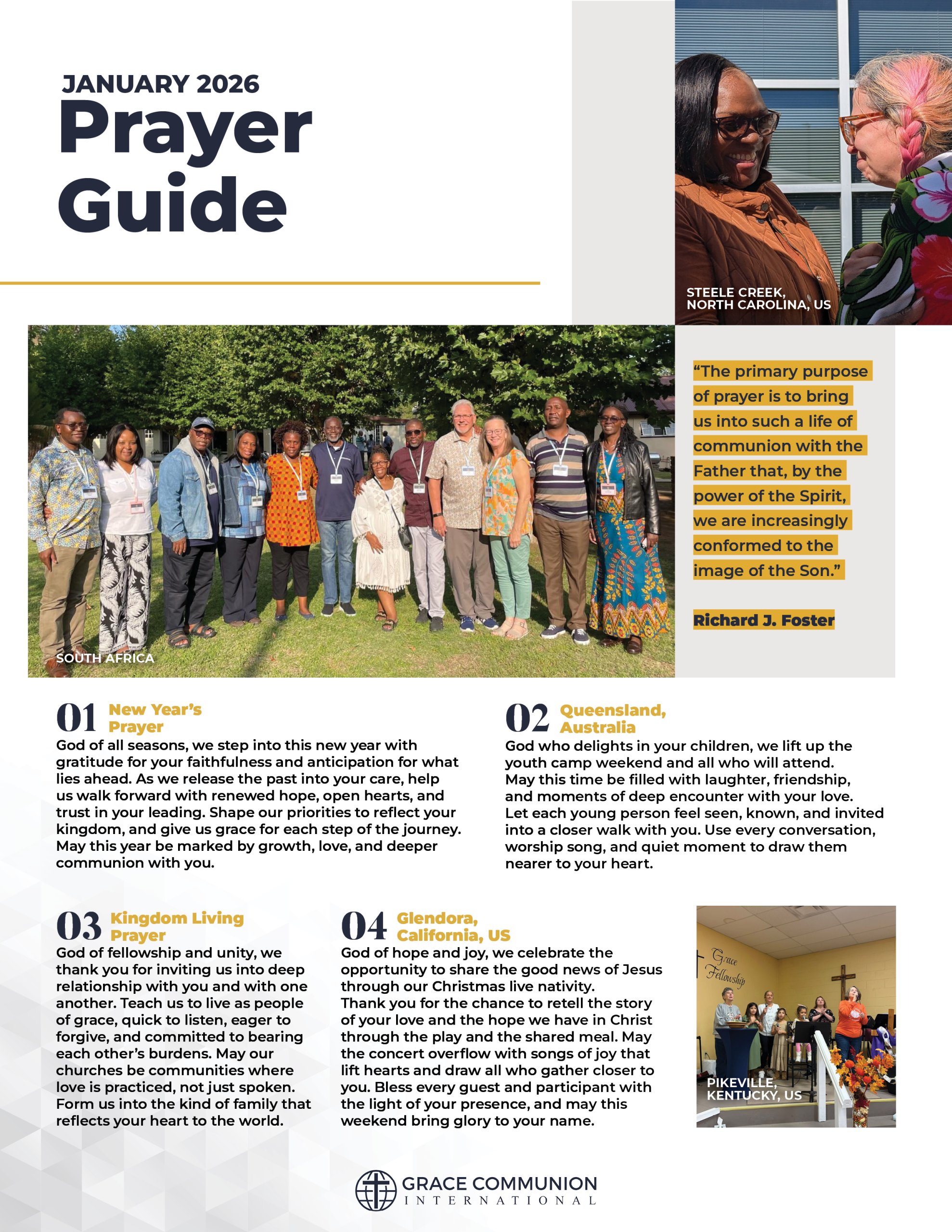Grace Communion International is seeking a Digital Content Developer to serve on our Media Team. This full-time, non-exempt position is based in Charlotte, NC, and reports to the Media Coordinator.
The Digital Content Developer helps tell the story of what God is doing through Grace Communion International by creating thoughtful, engaging digital content including video, podcasts, and graphics. This role collaborates closely with the Media Team to develop projects from concept through completion.
We are looking for someone who values creative excellence, collaboration, and lifelong learning, and who resonates with GCI’s commitment to sharing the gospel and participating in the love and life of the triune God.
Applicants should have relevant education or experience in digital media production and be aligned with GCI’s mission and theological commitments. See the job description here.
If you would like further details on the position or would like a GCI job application, please contact Human Resources at humanresources@gci.org or 980-495-3960.
Please share this announcement with qualified candidates who may be gifted for this position at the Home Office.








